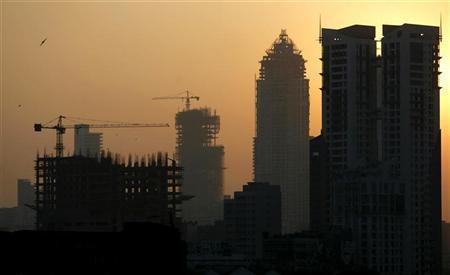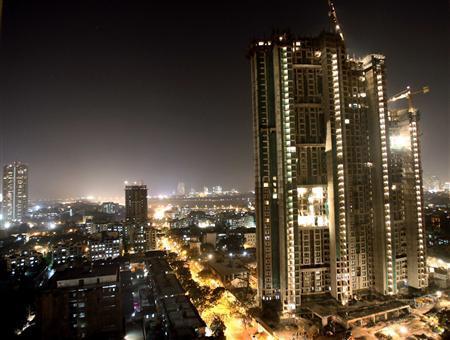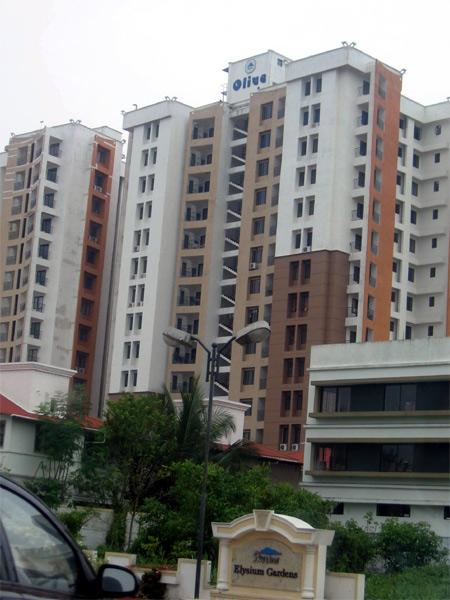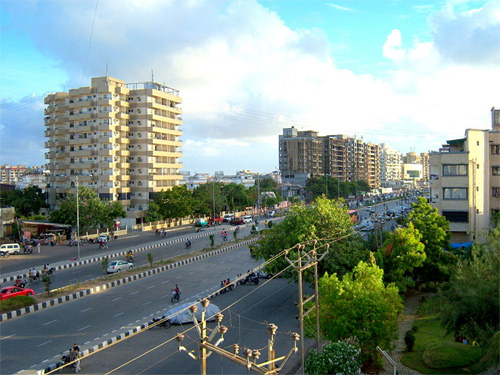
Real estate developers who sell apartments during recession sometimes try to extract money later, at the time of possession, or try to illegally end the agreement with buyers on some pretext, so that the same flat can be re-sold at a higher price.
In a recent judgment, the Maharashtra State Commission has come down heavily on one such builder.
Ameet Arjundas Israni and his wife, Meenal, had booked a flat with Bhumiraj Constructions in an under-construction building in Navi Mumbai.
. . .

The cost of the 1,249-sq ft terrace flat was Rs 34.65 lakh (Rs 3.46 million).
The agreement was stamped and registered for Rs 179,000.
Parking space was sold for Rs 100,000.
After the buyer paid a substantial amount, the builder demanded interest for stage-wise construction for areas constructed.
The Isranis refused to pay, as the agreement was prospective in nature and did not provide for retrospective interest prior to its execution.
. . .

The builder terminated the deal for this but still sent a demand letter for the subsequent instalments and accepted payment.
The Isranis paid 97 per cent of the agreed amount, and only three per cent was left.
It was payable during handing over of the flat.
Construction of the building was completed but the builder refused to give possession, claiming the agreement had been terminated.
The Isranis filed a consumer complaint on February 3, 2006, seeking possession of the flat and compensation for delay.
. . .

During the pendency of the case, the state commission granted an interim injunction restraining the builder from creating any third party interest in the flat.
The builder filed a suit before the civil judge in Thane on April 18, 2006, for a direction that the agreement had been validly terminated.
The court dismissed the suit, saying the builder had not been able to prove the Isranis had delayed payments and so the builder did not have the right to demand Rs 2,50,177 as interest.
The court concluded the builder's demand was against the terms of the agreement, and the deal termination was illegal.
. . .

The builder defended the consumer court case by claiming the deal was validly terminated.
The builder contended an appeal had been filed against the civil court's judgment and so it ought to be disregarded, though no order had been passed in appeal.
In the judgment dated October 11, 2012, the state commission observed that even though the agreement specified a schedule for payment, it was silent on if it would be retrospectively applicable to an agreement executed after the construction was underway.
The photograph used is for representative purpose only
. . .

Also, there was no clause in the agreement providing for delay in payments due prior to execution of the agreement.
The commission noted the payments were made on time after execution of the agreement.
Accordingly, the state commission held the termination of the agreement was illegal, and constituted a deficiency in service.
The commission said the Isranis should be compensated for being deprived of a shelter for over six years, despite having paid 97 per cent of the agreed consideration.
. . .

The panel directed Bhumiraj Construction and its partners to accept the balance three per cent consideration of Rs 1,03,950 and hand over vacant possession of the flat without demanding delayed payment interest.
The order was to be complied within two months of receipt of the balance amount.
The builder and its partners were also held liable to pay Rs 500,000 as compensation for the mental harassment and agony caused.
The amount would attract an interest of 12 per cent a year if the amount was not paid within two months.
The author is a consumer activist